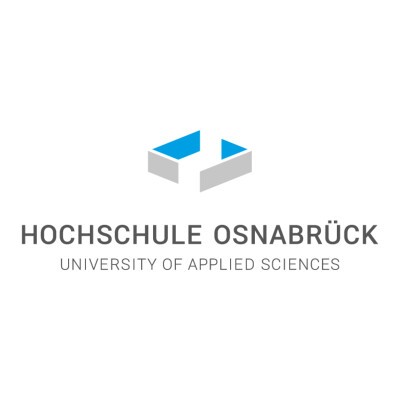Osnabrück University of Applied Sciences
The university is a member of the University Alliance UAS7. With around 110 degree programs, the Bachelor's, Master's and advanced training levels is truly comprehensive.
This is what the Osnabrück University of Applied Sciences stands for:
The university is a member of the University Alliance UAS7. In this consortium, seven universities of applied sciences from all over Germany cooperate to advance their international orientation. There are UAS7 offices in New York and São Paulo. Due to the strength of its research, the university is also a member of the European University Association (EUA). The network of international relations is large and includes more than 200 partner universities all over the world. In 2013, the Hochschulzentrum China (HZC) was founded at the the university.
With around 110 degree programs, the Bachelor's, Master's and advanced training levels is truly comprehensive. Our university has been a pioneer in many areas of academic training – in the establishment of new degree programs, for example – and has thus earned the reputation of being an innovative and progressive institution of higher education. Now with 13,700 students (as of dec. 2016), our ever-growing university has reached an impressive size. Nonetheless, it has cultivated and maintained the character of a familiar and personal place of teaching and learning.
Lower Saxony's leader in research among universities of applied sciences
The university has a noteworthy research orientation. It is committed to the approach of a "University of Applied Sciences". That is, the university is actively involved in society and sees research as an essential contribution to practically assist in solving socially relevant issues. It places great emphasis on a close dialog with its economic, social and political environment. "Healthcare services research, care management and informatics in healthcare", "Pioneering agricultural system technologies", "Innovative materials and material technologies" as well as "Energy systems, management and law" are four of the profile-defining research concentrations.
With the establishment now of five domestic research priorities on the issues of inclusion, the energy supply of the future, urban agriculture, musician's health and organizational communication, the university provides considerable impetus for cross-disciplinary research. The domestic research is funded through internal funds alone.



